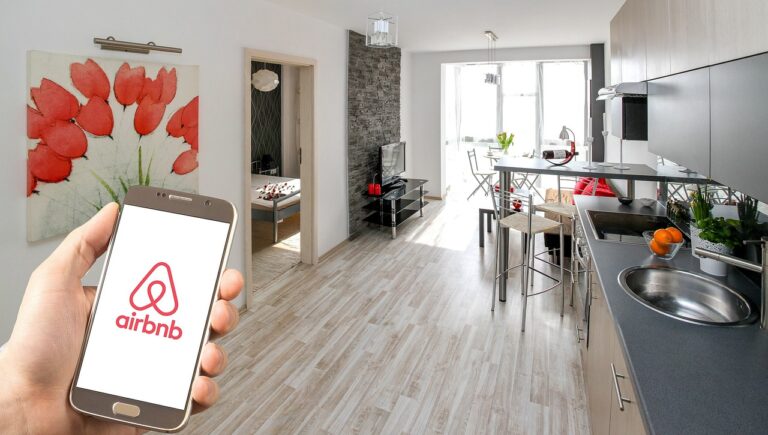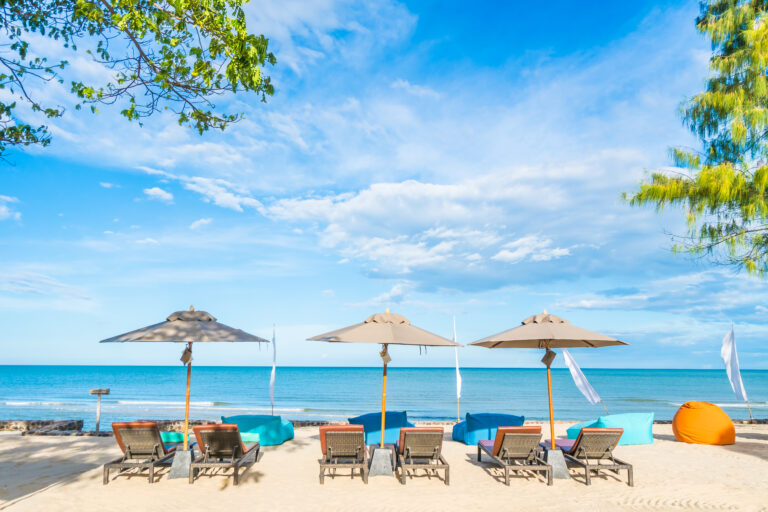Airbnb Requirements for Hosts in India: Permits, Safety, & Taxes

Hosting a property on Airbnb in India involves meeting specific legal, safety, and tax requirements. This guide will cover the elements necessary for an Indian property owner to become a law-compliant Airbnb host. India is one of the fastest-growing emerging markets for Airbnb, with the potential to become one of the top 10 global markets.
Legal and Licensing Requirements for Airbnb Hosts in India
1. Business Registration and Licenses
To operate as a short-term rental on Airbnb, hosts must register their property under applicable state and municipal regulations. Examples include the Delhi Shops and Establishment Act, 1954, or getting a trade license under the Delhi Municipal Corporation Act, 1957. For operators of Bed & Breakfast (B&B) establishments, you may need to comply with the Incredible India B&B Establishment Act, 2007.
Checklist for Licenses & Permits
- Trade License.
- Hospitality License (for guesthouses).
- Registration under state-specific laws.
2. No Objection Certificates (NOCs)
NOCs are often required from Cooperative Housing Societies and Resident Welfare Associations (RWAs). In certain cities, you may also need permission from your neighbors.
3. Tax Obligations
As a host, you are required to comply with various tax requirements. These include ensuring you have a PAN (Permanent Account Number) in order to comply with income tax laws. If your income exceeds ₹20 lakhs (₹10 lakhs for select states), you also need to register for GST.
Regulatory Considerations for Airbnb Hosting
1. Local Housing Laws
Ensure compliance with your building and lease agreements as many housing societies may restrict commercial usage. Also consider zoning rules on residential properties.
2. Safety Standards
Your property must have mandatory safety installations such as smoke detectors, fire extinguishers, first aid kits, and you must display clear evacuation plans. Properties must have mandatory safety installations to comply with safety standards in the industry.
Safety Features Checklist
- Smoke Detectors
- Fire Extinguishers
- First Aid Kit
- External Emergency Exits
- Regular Safety Audits
3. Foreign Guest Regulations
For foreign nationals, you must adhere to Foreigners Regional Registration Office (FRRO) rules by submitting C Forms online within 24 hours. You will need to provide a guest’s passport and visa details along with proof of property ownership.
Step-by-Step Guide to Listing Your Property on Airbnb
1. Signing Up on the Airbnb Platform: Create a free account and complete the host profile verification using documents such as your Aadhaar card, passport, or PAN.
2. Ensuring Legal Compliance: Before listing, make sure all applicable permits and registrations are in place.
3. Preparing the Property: Make your property appealing to guests with attractive furnishings, available appliances, and amenities like Wi-Fi, toiletries, and kitchen essentials.
4. Crafting a Professional Airbnb Listing: To attract guests, use high-quality photos and provide detailed descriptions of your amenities, rules, and local attractions.
5. Pricing Strategy: Setting competitive prices requires researching similar listings in your locality. Consider offering discounts for new guests or those staying long term. Be sure to include additional costs like cleaning fees and taxes.
City-Specific Regulations for Airbnb Hosting
Each city in India may have its own specific regulations regarding Airbnb operations:
1. New Delhi
New Delhi has special regulations for B&Bs which require registration under the Delhi B&B Scheme, securing a lodging license and trade license. It could also necessitate approvals from the Delhi Development Authority (DDA) for residential-to-commercial property conversion.
2. Mumbai
If you are an Airbnb host in Mumbai, you need to comply with cooperative housing society restrictions and follow the guidelines laid out by the Brihanmumbai Municipal Corporation (BMC) for short-term rentals.
3. Bengaluru and Hyderabad
Hosting in Bengaluru and Hyderabad requires compliance with zoning laws in gated communities or leased properties. There may also be restrictions on Airbnb hosting in certain IT-zoned areas of these cities.
Tax and Financial Compliance for Airbnb Hosts
1. Income Declaration: All earned rental income must be reported in your annual income tax return.
2. GST Compliance: When your annual income exceeds ₹20 lakhs, you’ll need to register for GST and charge this tax on your bookings. You should also file monthly GST returns (GSTR-1 and GSTR-3B).
3. Earning from Overseas Guests: Understand the tax implications when earning from foreign sources through Airbnb. You might need to navigate India’s TDS and Double Taxation Avoidance Agreements.
Managing Risks While Hosting
1. Insurance Coverage: Ensure your home insurance policy covers property damages, theft, and any injuries guests could sustain during their stay.
2. Avoiding Legal Disputes: Clear communication of house rules to guests can help to avoid discrepancies and disputes.
3. Professional Legal Advice: Seeking legal advice can be particularly helpful when trying to get permissions from local housing authorities, resolving disputes over tenancy agreements, and handling taxation queries.
Marketing and Differentiation as a Host
1. Emphasize Your Unique Selling Points
Use your uniqueness to your advantage by offering local experiences such as food tours, handicraft workshops, or heritage walks. Also consider showcasing eco-friendly features of your property.
2. Focus on Modern Guest Needs
Showcase the accommodation’s work-from-home setups and list other features that cater to modern guest needs like pet-friendly spaces or high-speed Wi-Fi.
Potential Risks of Non-Compliance
1. Common Legal Issues
Failure to get the required permissions for using residential zones for commercial use can result in property seizures and severe fines. Additionally, not handling your tax obligations appropriately could lead to increased scrutiny from taxation authorities.
2. Guest Complaints
Non-compliance with safety or service quality standards can result in an unsatisfactory guest experience which can lead to bad reviews or permanent Airbnb delisting.
Key Documents Checklist for Indian Airbnb Hosts
Below is a short list of key documents that hosts on Airbnb India need to have:
- PAN card.
- GST registration (if necessary).
- Trade licenses or required housing society NOCs.
- Proof of property ownership or lease agreements.
- Utility bills to comply with FRRO guest registration.
Following these legal, regulatory and practical guidelines will help you provide top-notch hospitality to your guests. Make sure also to stay aware of changes in Airbnb policies and local regulations for trouble-free hosting.
Nights booked by Indian guests in the domestic market grew by over 30% in the first three quarters of 2024 compared to the same period last year. Additionally, 90% of first-time bookings on Airbnb in India are attributed to Gen Z travelers, highlighting the platform’s growing popularity among younger demographics.






